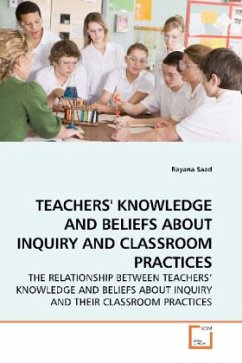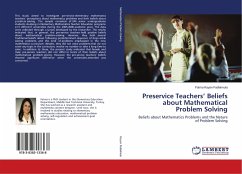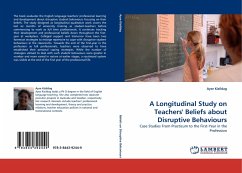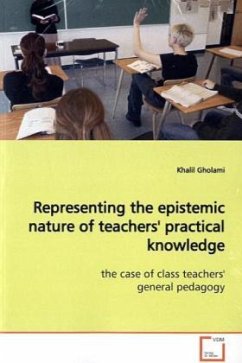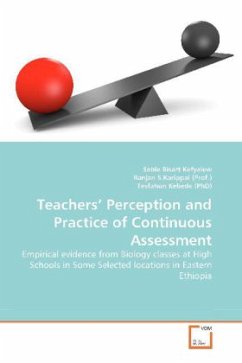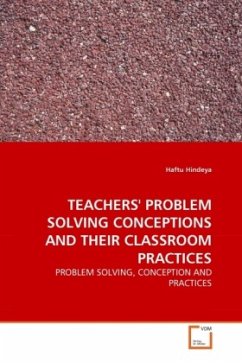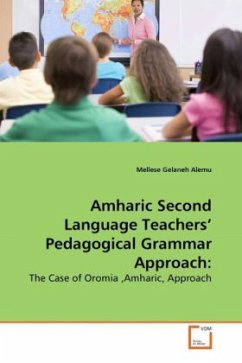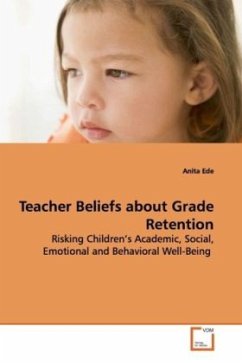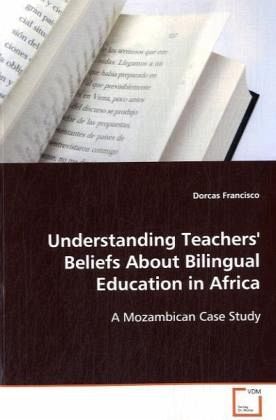
Understanding Teachers' Beliefs About Bilingual Education in Africa
A Mozambican Case Study
Versandkostenfrei!
Versandfertig in 6-10 Tagen
32,99 €
inkl. MwSt.

PAYBACK Punkte
16 °P sammeln!
Bilingual education continues to be one of the most polarizing and debated topics in modern African educational discourse. Colonial past combined with the loss of indigenous cultural and political practices has greatly impacted the efficacy of educational systems. Nowhere is this truer than Mozambique. Contemporary Mozambican society is faced with the complex task of finding an educational language policy that recognizes and effectively addresses the multilingual character of its population.The educational system in Mozambique is at a crossroads. Language is at the center of the human experien...
Bilingual education continues to be one of the most
polarizing and debated topics in modern African
educational discourse. Colonial past combined with
the loss of indigenous cultural and political
practices has greatly impacted the efficacy of
educational systems. Nowhere is this truer than
Mozambique.
Contemporary Mozambican society is faced
with the complex task of finding an educational
language policy that recognizes and effectively
addresses the multilingual character of its
population.
The educational system in Mozambique is at a
crossroads. Language is at the center of the human
experience. Language empowers individuals and
communities by relating shared experiences and
realities. However, language can also function as a
tool for disempowerment and marginalize communities.
Both realities coexist in the classroom.
The classroom is ideal for an exploration of this
type of interaction. In the Mozambican classroom,
teachers assume various roles including activist,
educator, and community member. Revisiting the role
of teachers in Mozambican can provide invaluable
insight into the social reality of education in
Mozambique.
polarizing and debated topics in modern African
educational discourse. Colonial past combined with
the loss of indigenous cultural and political
practices has greatly impacted the efficacy of
educational systems. Nowhere is this truer than
Mozambique.
Contemporary Mozambican society is faced
with the complex task of finding an educational
language policy that recognizes and effectively
addresses the multilingual character of its
population.
The educational system in Mozambique is at a
crossroads. Language is at the center of the human
experience. Language empowers individuals and
communities by relating shared experiences and
realities. However, language can also function as a
tool for disempowerment and marginalize communities.
Both realities coexist in the classroom.
The classroom is ideal for an exploration of this
type of interaction. In the Mozambican classroom,
teachers assume various roles including activist,
educator, and community member. Revisiting the role
of teachers in Mozambican can provide invaluable
insight into the social reality of education in
Mozambique.



